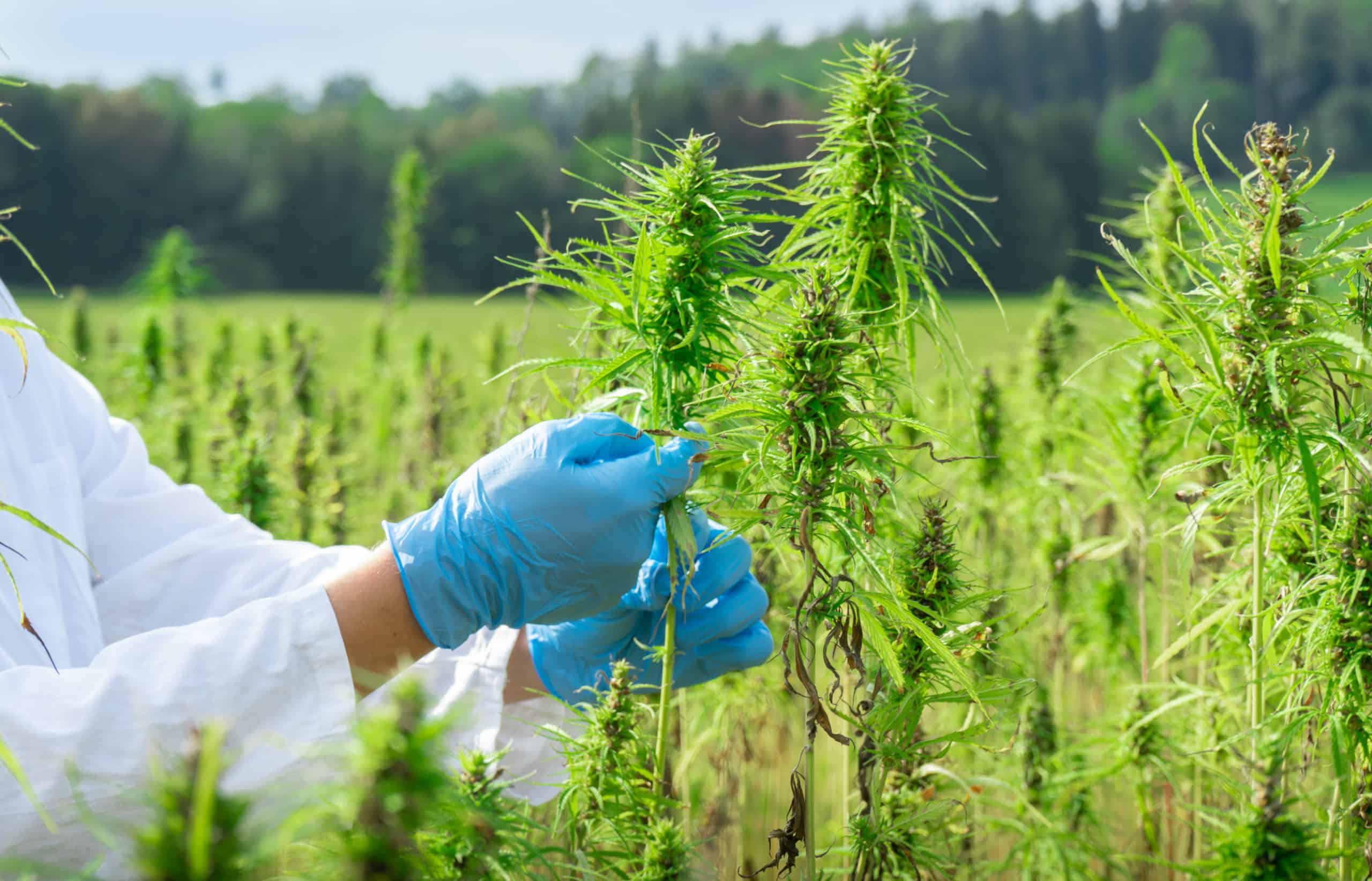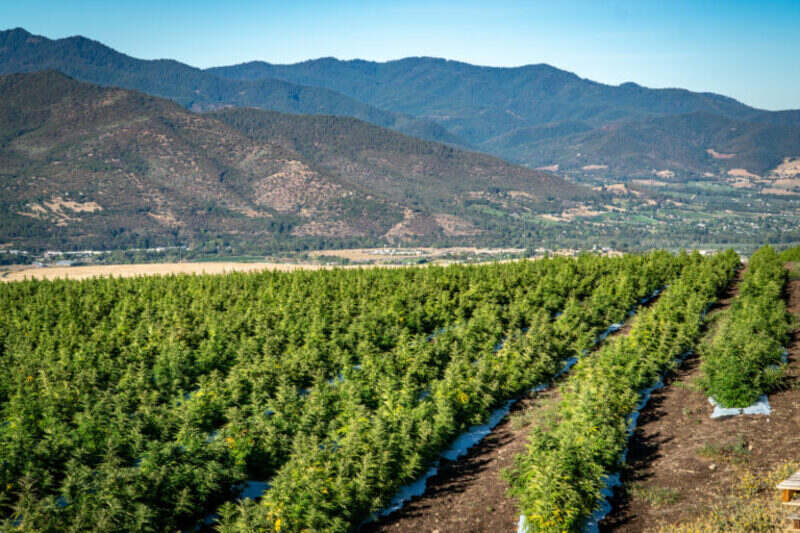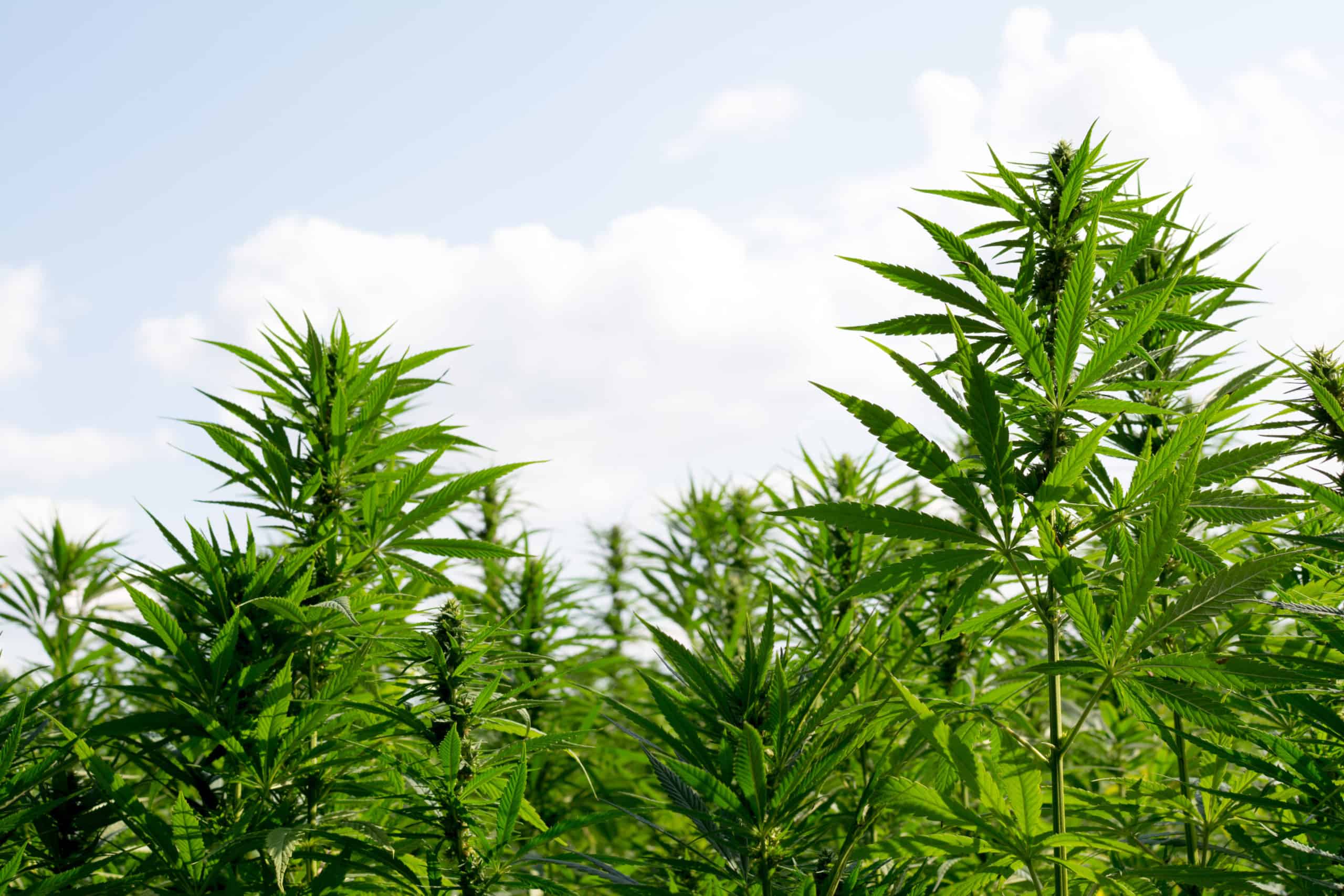-
- Market Research
- |
- CBD Near Me
- |
- Giveaways
- |
- Newsletter
- |
- Contact
- |
- Advertise
- |
CBD News Roundup: Study Reveals 90% Genetic Overlap Between High-CBD Hemp and High-THC Marijuana


Here’s the latest CBD news:
- A University of Minnesota study demonstrates the strong genetic similarities between high-CBD cannabis and marijuana.
- The Indiana state legislature is in the process of reversing their smokable hemp ban as established in 2019 regulations.
Study Reveals 90% Genetic Overlap Between High-CBD Hemp and High-THC Marijuana
University of Minnesota researchers investigating the genetic ancestry of high-CBD cannabis strains discovered that the overwhelming majority of genes inherited by these plants come from high-THC marijuana.
The authors used DNA sequencing to map out the CBD genome, specifically measuring for “cannabinoid synthase” enzymes, which are responsible for the production of cannabinoids (THC, CBD, etc.).
They found that, while the CBD strain they were assessing inherited most of its genes from older marijuana strains, two key differences allow for its low-THC and high-CBD content:
- Hybridization of ancestral marijuana with hemp encouraged “cannabidiolic acid synthase” (pro-CBD enzyme) in the tested plants.
- The tested plants lacked a “complete sequence for tetrahydrocannabinolic acid synthase (THAS).”
From a consumer standpoint, there’s no reason to abandon CBD for fear of THC content.
After all, pigs are almost genetically identical to humans, but the mysterious ways in which our snippets of genetic code communicate and work with each other allows for consistent, distinct differences.
Indiana State House Votes to Lift Smokable Hemp Ban
A bill passed by the Indiana House this month (69-28 votes) seeks to roll back a number of provisions designed to restrict the production and sale of smokable hemp flower in the state as outlined in 2019 regulatory legislation.
A federal-level challenge to the ban resulted in House Bill No. 1224, which had to amend, repeal, and otherwise modify upwards of a dozen existing laws to legitimize the production and sale of smokable hemp flower.
These changes include, but are not limited to the following:
- The state seed commissioner may not adopt or enforce a rule that is more strict than required under federal law or regulation.
- Repeals a law that requires that a hemp bud or flower be sold only to a processor licensed in Indiana.
- Provides that a food is not considered adulterated for containing low-THC hemp extract or craft hemp flower.
- Creates contaminant testing and packaging requirements for the distribution and sale of craft hemp flower.
- “Craft hemp flower” is not included in the definition of “controlled substance analog,” “hashish,” “low-THC hemp extract,” or “marijuana.”
- Repeals the definition of “smokable hemp” and criminal penalties concerning smokable hemp.
In other words, Indiana House Bill No. 1224 would pave the way for the legal manufacturing, distribution, and public consumption of hemp flower.
The majority of state legislatures have not yet made their stance on the matter, but twelve have either enacted a ban, rejected a ban, or are currently deliberating over the matter.
If the Indiana senate passes House Bill No. 1224, they will become the second state (North Carolina is the first) to reject a smokable hemp ban.






